Elect five

Cindy Frich
Party: Republican
Age: 60
Residence: Morgantown
Family: Quarantining with my two 86-year-old parents.
Education: Miami University, Oxford, Ohio, B.A. political science; post grad.
Professional experience: Sales; helped care for my paternal grandparents; cared for/helped two recovering heroin addicts.
Political and civic experience: Elected House of Delegates 2002, 2004, 2012, 2014, 2016. Served on five of the six major committees, including Finance, Judiciary and Health. Was chair of Banking and Insurance Committee and vice-chair of Legislative Rule Making Review Committee overseeing state regulations. Passed reforms making state economically competitive. Lead sponsor of HB2620, Drug Control Policy Act, for prevention, treatment and reduction of substance abuse. Eliminated food tax. Fought for WVU funding. Championed your liberties.
Why did you decide to seek office?
I’ve been guided by my desire to make West Virginia a place where our children can receive a good education, have opportunities available to remain in the state, provide for their families and retire in a healthy, safe community. I governed as a pragmatist finding solutions. In contrast, our current delegation is extremely radical. They’re trying to eliminate the Electoral College, making West Virginians irrelevant. They voted for infanticide which is inhumane. They need replaced.
What is the most important issue you believe your office will face in the next year, and how will you address it?
Security for West Virginians in jobs, health, education and safety. Serving on the Finance Committee, I’ve created a sustainable state budget and understand where we can and cannot make funding cuts. Continue economic reforms to improve economy and job creation. Provide educational options for parents. Continue my focus on solutions to the opioid epidemic by getting people into treatment. Continue addressing the regional jail situation and support law enforcement.
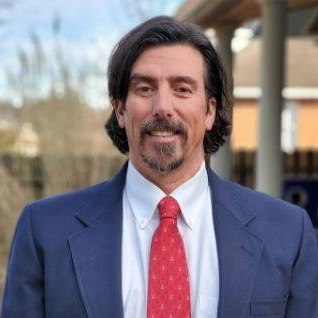
Justin White
Political party: Republican
Age: 49
Residence: Westover
Family: Wife, Diana White; children, Philip White, daughters, Logan and Madelyn White.
Education: Bachelor of Science in exercise physiology, Master of Science in exercise physiology, and minor in health care administration through the Masters of Public Administration at West Virginia University.
Professional experience: Small business owner of Premier Landscapes; prior adjunct faculty for the College of Business and Economics at West Virginia University, teaching small business management and entrepreneurship.
Political and civic experience: This is my first venture into the political realm, but I have always been community- and civic-minded. I have a strong interest in Habitat for Humanity. I’ve served on the construction sites and dedicated my company’s resources and personnel in helping complete homes for our hardworking friends and neighbors. I’ve worked with Christian Help’s Jobs for Life program in mentoring adults with disabilities and disadvantages and participated in the Feed Mon Kids program during COVID. I have also worked on many mission projects with my church.
Why did you decide to seek office?
I’ve felt the calling to political service for years now. The timing is now right for me to launch my campaign. Monongalia County and West Virginia face great challenges. I believe our Legislature needs the balanced voice of a person with the demeanor and broad experience in order to work with all representative parties to solve the myriad of problems our state faces. I feel that I bring that character and experience to the table.
What is the most important issue you believe your office will face in the next year, and how will you address it?
Job development is the linchpin to West Virginia’s success. We need to attract businesses to the state, especially manufacturing and the traditional trades. This will provide secure, well-paying jobs to our residents. We must then couple that with the opportunity for proper training of our workforce so that they can be productive, profitable and dependable. Better education, healthcare, infrastructure and family cohesion will then closely follow the opportunity of secure, permanent employment.
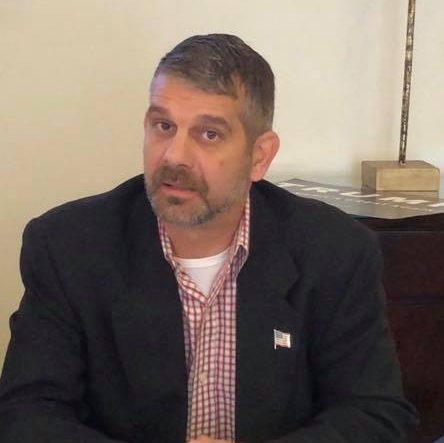
Todd Stainbrook
Political party: Republican
Age: 49
Residence: Morgantown
Family: My core family lives here in Morgantown. I have two adult children and a 6-year-old son. My parents and one of my sisters are here as well.
Education: I’ve completed several courses on finance and business management and currently enrolled with Purdue University.
Professional experience: I have been a business owner or subcontractor for the last 30 years.
Political and civic experience: New to politics.
Why did you decide to seek office?
Complaining about the current representation for our district doesn’t solve any problems. I feel it’s my civic duty to try to make a difference in the direction we all see our state going in.
What is the most important issue you believe your office will face in the next year, and how will you address it?
The division within our country and state to me is the biggest problem I feel we all face. We must figure out a way to work together across party lines in order to have the opportunity to do what’s best for every Mountaineer within our great state!
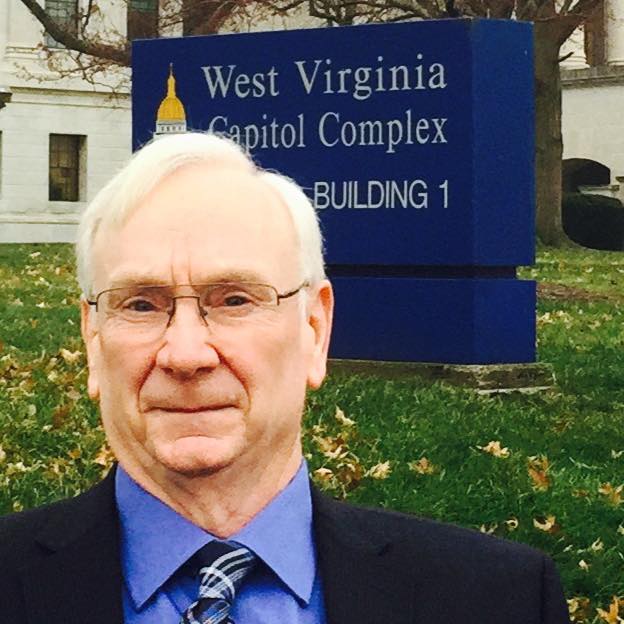
Joe Statler
Political party: Republican
Age: 67
Residence: Core
Family: Married 42 years to wife, Louie; three daughters, Michelle, a CPA, Kristen, M.D., and Marissa, J.D.; four grandchildren.
Education: Clay-Battelle High School.
Professional experience: Retired from the mining industry and a lifelong farmer.
Political and civic experience: Served 10 years on the Monongalia County Board of Education, four years as vice president. Served four years in the House of Delegates on House Education (vice chair), Fire and EMS (chair), Roads and Transportation, Energy, Agriculture & Natural Resources, Industry and Labor, Political Subdivisions. Also served on the Education Oversight Joint Committee. Served on community boards: Clark Family Foundation, Mylan Park, Operation Welcome Home, PACE, Olive United Methodist Church Trustees, MPO (chair), Chamber of Commerce Transportation Committee.
Why did you decide to seek office?
I believe we all should give back to the community and this is one way to serve and make changes in policy that will enrich the lives of every citizen in the state of West Virginia. I also believe in working with others to find solutions to problems we face as a state.
What is the most important issue you believe your office will face in the next year, and how will you address it?
There are many issues but one very important one is how COVID intensified the need for better broadband in our state for our students to be able to do remote education and parents to be able to work from home. We need better infrastructure so students and parents do not have to travel outside their home to have internet access. We must identify resources to correct this problem facing all of West Virginia.
Zach LeMaire
Political party: Republican
Age: 18
Residence: Morgantown
Family: Michael Mansberry, stepfather; Jasina Mansberry, mother; Sayje Mansberry, sister.
Education: Morgantown High School
Professional experience: None provided.
Political and civic experience: Libertarian Youth Caucus, national treasurer; Libertarian Youth Caucus of West Virginia, executive director.
Why did you decide to seek office?
I decided to run for the House of Delegates because I believe that the time has come to enact real change in our government. As a member of the youngest voting generation, I can offer a unique and much needed alternative perspective on the issues that face our state and community. I believe that it’s time to ignite the fire within everyone to create and execute important and effective solutions for our state and community.
What is the most important issue you believe your office will face in the next year, and how will you address it?
The most important issue will be recovering from COVID-19. If elected, the first bill I will propose is a tax cut and flat tax reform to put money back in the pockets of West Virginians. This money would allow them to take better care of their families in the COVID-19 pandemic. After the end of COVID-19, this will encourage West Virginians to work hard without the fear of being bumped into a higher tax bracket.

Evan Hansen
Political party: Democratic
Age: 54
Residence: Morgantown
Family: My father, Ed Hansen, and son, Reese Hansen, both live in Morgantown.
Education: M.S., energy and resources, University of California-Berkeley; B.S., computer science and engineering, Massachusetts Institute of Technology.
Professional experience: Founded and serves as president of Downstream Strategies, a 15-person consulting firm based in Morgantown, which helps build resilient communities, promote economic development and protect the environment. Thirty years of experience consulting for government agencies, nonprofits, attorneys, businesses and individuals. Have developed computer models, provided testimony on issues related to environmental laws and policies and led multi-disciplinary research teams that integrate science and policy.
Political and civic experience: I was first elected to the House of Delegates in 2018. I am a father, scientist and founder of a small business. Serves as a board member for Morgantown Rotary, Spark! Imagination and Science Center, Monongalia County Read Aloud and other nonprofits. Also serves on the U.S. EPA’s Local Government Advisory Council. Prior to being elected, I provided invited testimony before state and federal legislative committees regarding water science and policy.
Why did you decide to seek office?
After the 2014 chemical leak contaminated the water supply for 300,000 West Virginians, I spent considerable time at the Capitol helping to shape the Legislature’s response. I was proud to have helped develop the bipartisan bill that strengthened protections for drinking water across the state. I ran for office because I was frustrated with local delegates who voted to chip away at these protections, against the best interests of the residents of Monongalia County.
What is the most important issue you believe your office will face in the next year, and how will you address it?
After spearheading passage of the bipartisan solar jobs bill in 2020, I’ll continue to work toward diversifying West Virginia’s economy so that our children and grandchildren have opportunities to stay in the state. I’ll help repair the damage to our economy caused by the COVID-19 pandemic. I’ll invest in public education, broadband and foster care and advocate for Monongalia County to get its fair share of state funds to fix local roads and infrastructure.

John Williams
Political party: Democratic
Age: 30
Residence: Morgantown
Family: I have been married to my wife Jaime for a little over a year. We have a beloved 2-year-old Jack Russell-Lab mix, Beesly.
Education: Bachelor’s degree, WVU.
Professional experience: I work in financial services for Northwestern Mutual, where I work with clients to help them achieve their financial goals, while making sure that we protect what they already have.
Political and civic experience: I was elected to the House of Delegates in 2016 and am finishing my second term. Additionally, I proudly serve on various boards within our community.
Why did you decide to seek office?
My involvement in government stemmed from my strong desire to work for the community and its people that I care about. West Virginia, and more specifically Monongalia County, has always been my home, and I want to make it an even better place to live for all of its inhabitants.
What is the most important issue you believe your office will face in the next year, and how will you address it?
Ensuring that West Virginia can bounce back in a post-COVID world is a huge priority. This will require intelligent economic investment in growth regions such as ours. Making West Virginia an attractive place for businesses to relocate post-COVID will have a broad effect that will help the entire state. The effort includes fixing our crumbling roads, as well as establishing statewide broadband.

Barbara Evans Fleischauer
Political party: Democrat
Age: 67
Residence: Outside city limits of Morgantown.
Education: B.A., Allegheny College; J.D. WVU.
Professional experience: Licensed attorney in West Virginia since 1982; private law practice; former special assistant attorney general for the state of West Virginia; general counsel, United Mine Workers District 31; investigator for the Pennsylvania Human Relations Commission.
Political and civic experience: Current member of West Virginia House of Delegates; minority chair House Committee on Judiciary; former chair, House Committee on Constitutional Revision, former co-chair Joint Veterans Affairs, Joint Equal Pay Commission and Joint Juvenile Task Force; former vice chair, House Health and Human Resources; current House and joint member, Judiciary, Health & Human Resources, Veterans-Affairs, and Rule-Making Review committees; current member, House Rules Committee; past member, House Finance, Select Committee on Workers Compensation, Technology committees.
Why did you decide to seek office? My experience helps me get things done at the legislature during the short, 60-day session and all year long. I listen and respond when citizens ask for help. I am a fighter when it comes to fairness for individuals, for our county and for West Virginia. I am a hard worker. My legal training helps me to be a strong advocate for women and families, veterans and seniors, employees and small businesses.
What is the most important issue you believe your office will face in the next year, and how will you address it? We now know that expanding broadband in West Virginia is critical for our education system, for jobs and for health care. We also must improve our local public health system by providing a steady funding stream so that it works well when we need it. We need to smooth the transition to an economy not based solely on fossil fuels with more funding for public and higher education, always making sure no one is left behind.
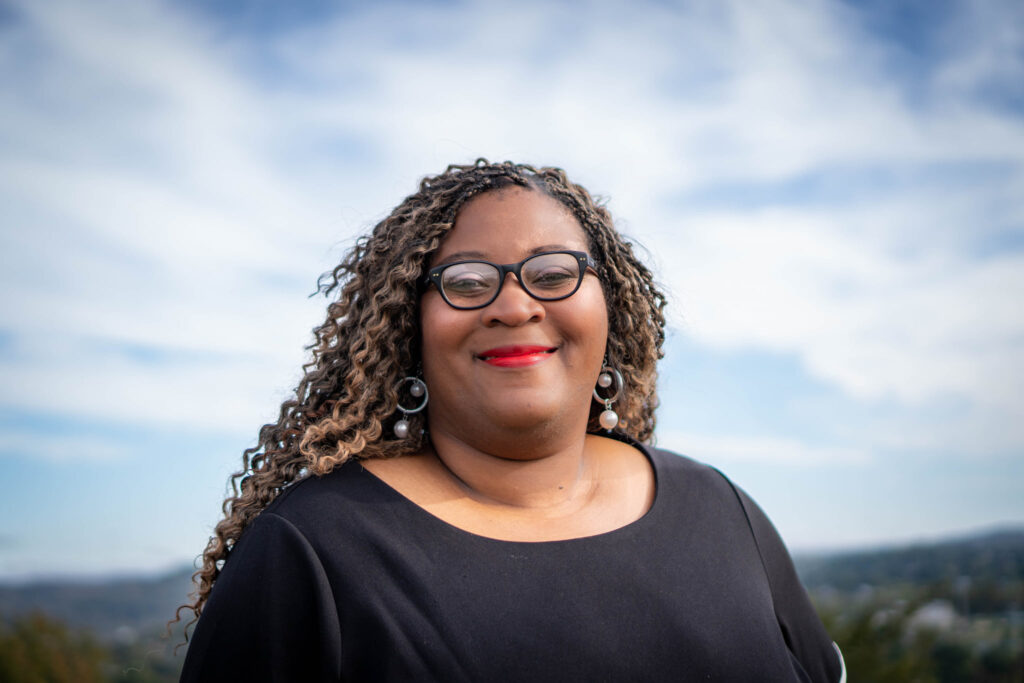
Danielle Walker
Political party: Democrat
Age: 44
Residence: Morgantown
Family: Single mother of two sons, Demetry Walker and Devin Walker. My mother, Derbie Bernard, resides in Morgantown. My father, Oscar Walker Sr., resides in Lafayette, La.
Education: New Iberia Senior High School New Iberia, La., honor graduate, 1994; Teche Area Technical School, New Iberia, La., accounting certificate; University of Southwestern Louisiana Lafayette, La., some college.
Professional experience: Collection supervisor/patient advocate, Southwest Medical Hospital, Lafayette; income tax preparer, Tax Break, Breaux Bridge, La.; census worker, Lafayette; direct care worker, Public Partnerships Morgantown; insurance receptionist, Allstate, Morgantown; interim executive director of CARE, Charleston.
Political and civic experience: House of Delegates District 51, 2019-20; Morgantown/Kingwood NAACP No. 3241 member; Morgantown National Organization of Women member; Farm Bureau member; United Mine Workers Association member; International Union of Painters and Allied Trades member; Read Aloud board member; Moms Demand Action member; Morgantown Pride member; Moms Clean Air Force member; League of Women Voters member; North West Virginia Center for Independent Living board member; West Virginia Family of Convicted People advisory board member; West Virginians For Health Policy and Action Fund board member.
Why did you decide to seek office?
I decided to seek office to represent all Mountaineers — those who felt they are voiceless, others who are houseless, small business owners, some facing health care disparities, especially with addiction, mental health and reproductive rights. Minorities in West Virginia need representation and policies that will protect and welcome diversity, inclusion and equity.
What is the most important issue you believe your office will face in the next year, and how will you address it?
The most important issue my office will face next legislative year is a livable wage for working people and working families and eliminate discrimination by reintroducing the Fairness Act, Crown (Create a Respectful and Open Workplace for Natural hair) Act and criminal justice reform bills. I will address each by allowing a platform for all Mountaineers to share their truth. Government is by the people, for the people and must be with the people.
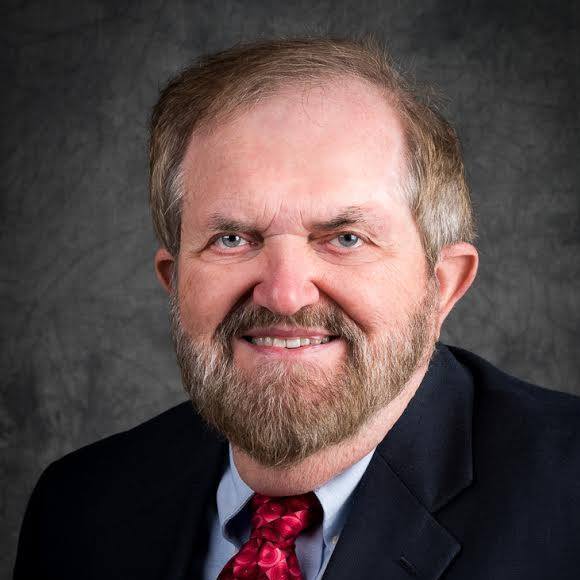
Rodney A. Pyles
Political party: Democrat
Age: 75
Residence: Morgantown
Family: Wife, Carol Wrobleski Pyles, one daughter, Janessa Pyles.
Education: Bachelor’s and master’s degrees in political science; West Virginia University, 30 hours toward a PhD.
Professional experience: Taught political science at WVU, 1968-69, and Alderson-Broaddus College, 1969-71; assistant curator, historical collection, WVU Library, 1971-77; Director of Archives and History, State of West Virginia, 1977-85; chief deputy assessor, Monongalia County, 1985-88.
Political and civic experience: Assessor of Monongalia County, six terms, 1989-2012; served on the Morgantown Historic Landmarks Commission, 1986-2018; Morgantown Library Board, 1988-91; Morgantown Museum Commission, 2015-19; Board of Trustees, West Virginia Public Theater, 1999-2014. Member, Knights of Columbus, Sons of Italy, Monongalia Historical Society and Suncrest Area Kiwanis.
Why did you decide to seek office?
I saw service in the state Legislature as a way to improve and help. Improve roads, education and the tax structure. Help senior citizens, working families, minorities and animals.
What is the most important issue you believe your office will face in the next year, and how will you address it?
Another budget crisis is almost certain, and the legislature will need to find additional revenue. I will oppose any attempt to bring back the sales tax on food. The income tax can be increased on persons with incomes over $200,000. Legalization of marijuana and its taxation could be another source of revenue. The governor previously proposed a sugary drink tax.



